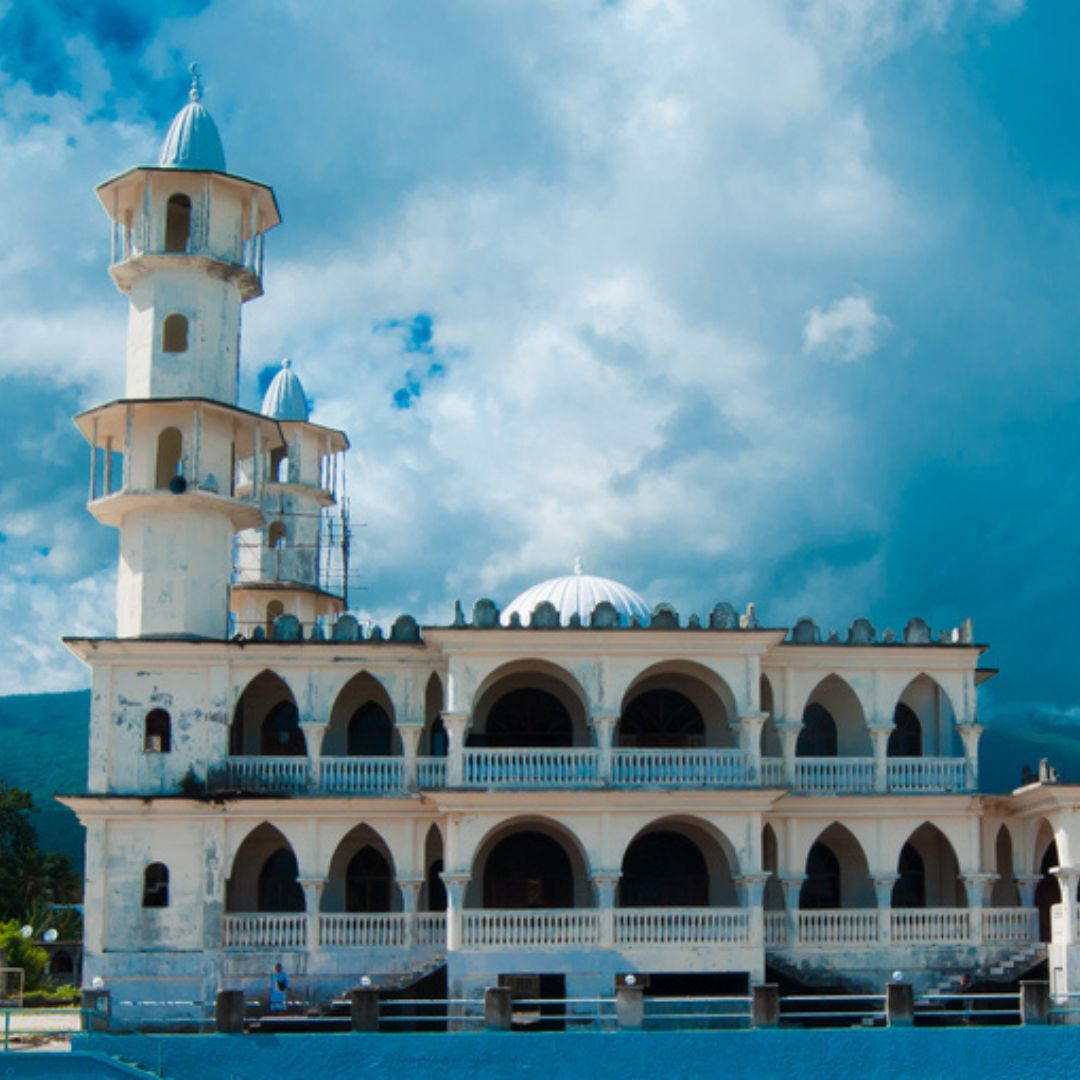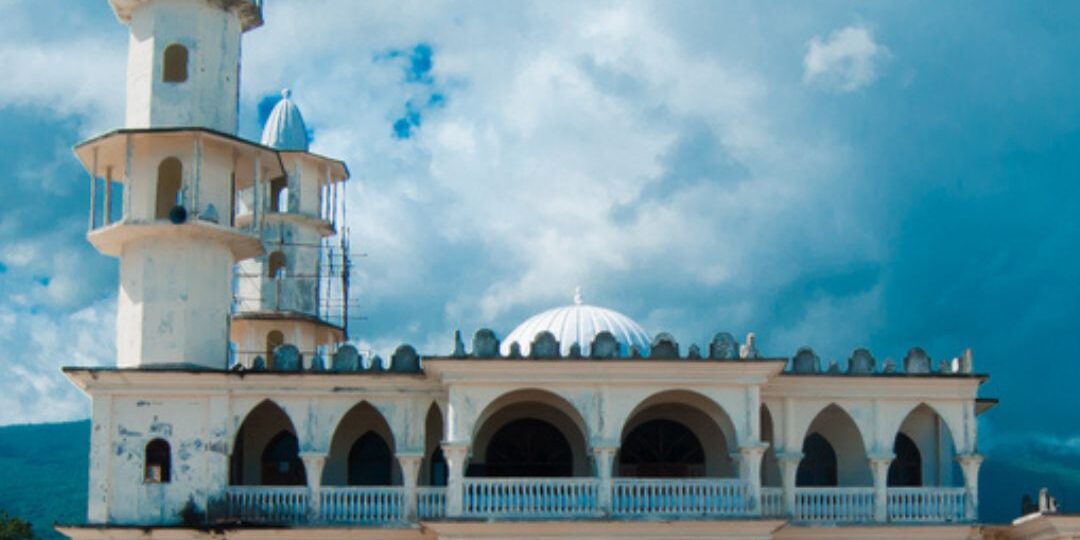Learning about the socialist revolution in the Comoros
As we drove along the coastal road of Grande Comores, Boris told me about the recent history of the islands. He told me that when the Comoros gained independence from France in 1975, Ahmed Abdallah became the first president. A few months later, a young revolutionary named Ali Soilih, hired the French mercenary Bob Denard to stage a coup and overthrow Abdallah. A laid-back idealist, Ali Soilih was inspired by the student revolts in Paris in 1968. The new president had good intentions, introduced land reforms and was popular with the people.
Over time, however, he grew intoxicated with power. He became a drunkard and a chronic smoker of cannabis. A legend in his own mind, he had messianic visions of a socialist revolution that would be a model for the entire world. He nationalized the economy and hired Chinese advisors to assist in his country’s transformation. He installed the first teenage government and banned all officials above the age of twenty from serving in his cabinet. The new civil service commuted to work on skateboards and lounged around the office eating pizza, drinking Coke and listening to rock music.”
“How mellow,” I said, “living on a tropical island run by teenagers. Doing whatever you want, no parents telling you what to do.”
Boris disagreed and explained how this teenage government really ran the Comoros.
The revolutionary youth protected the teachings of Ali by any means necessary, denouncing their parents, insulting their teachers and publicly humiliating their elders. The old culture and customs, all the traditional values were stamped out by the revolution of youth. Since the Chief of Police was only 16 years old, marijuana was legalized and the presidential palace became a place of ganja mist.
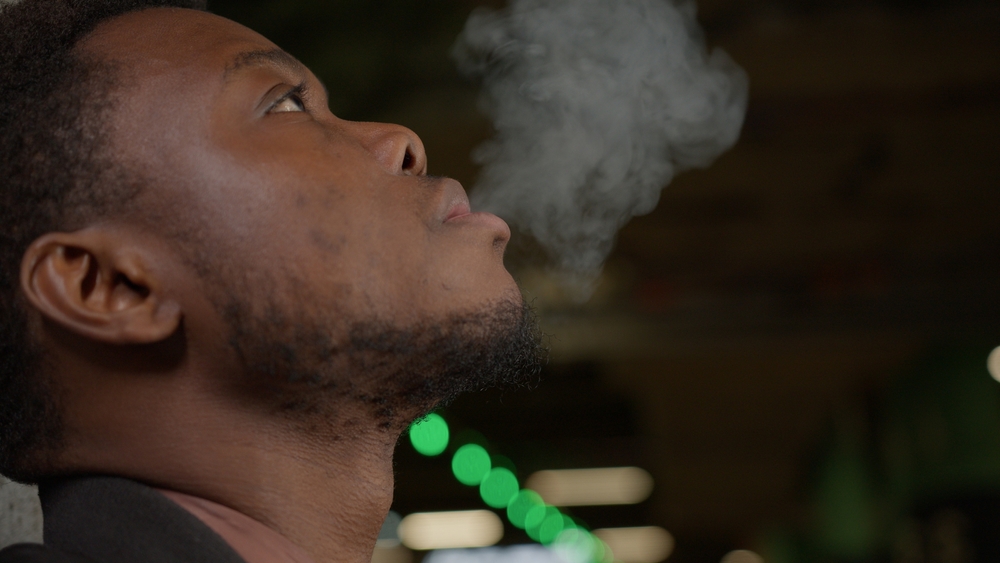
These teenagers held meetings with the president, drinking rum and smoking hashish and raving about how their country was on the edge of greatness. All French administrative records were burned and teenagers were given the right to vote. The president then set up the Commandos Moissi, a youth brigade that used its power to scour the streets, terrorizing the populace, while spreading the Soilih doctrine with Kalishnikovs. As Ali’s mind continued to deteriorate, his teenage secret police became even more violent and massacred part of the population of Ikoni village.
“Totally paranoid, and fearing the corrupting influence of the outside world, Ali began isolating the Comoros. He expelled all French residents, banned foreign journalists and closed the hotels on the island. His vision of guiding the destiny of his people obsessed him. He forbade the practice of many old Comoran customs which he considered outdated or insidious. He banned all religion and proclaimed himself a god.
“I am the divine path,” he declared, “the torch that lights the darkness. There is no god but Ali Soilih.”
“One night, Soilih had a telling dream where a man, accompanied by a frightening dog, had come to assassinate him. When he woke from the nightmare, he ordered the Commando Moissi to kill all the dogs on the island. Boris’ gardener admitted one day that he had been a member of the death squads sent out to exterminate the dogs, and to this day is haunted by what he did. He remembers vividly how they forced their way into people’s yards and homes, pulling the pets away from their weeping owners, hacking at the dogs with machetes or riddling them with machine gun bullets.
“As Ali continued to terrorize the country,” Boris said, “farmers fled their land and there was famine.”
In 1977, he went on, lava from the eruption of Mt Karthala destroyed two villages before flowing into the ocean. Boris’ cook told him that he and many Comorans believed that it was Allah’s way of manifesting his opposition to the regime of Ali Soilih.
In Paris, the ex-president Abdallah hired Bob Denard to make another coup to depose the dictator. This time the mercenary was paid to overthrow his ex-employer Ali Soilih and put his previous coup victim Abdallah back into power. Denard placed ads in the Sud Ouest and Figaro newspapers that read, “Overseas security and protection company seeks cadres of all levels, in good physical condition – preference given to those having served in elite corps as commandos and paratroopers.”
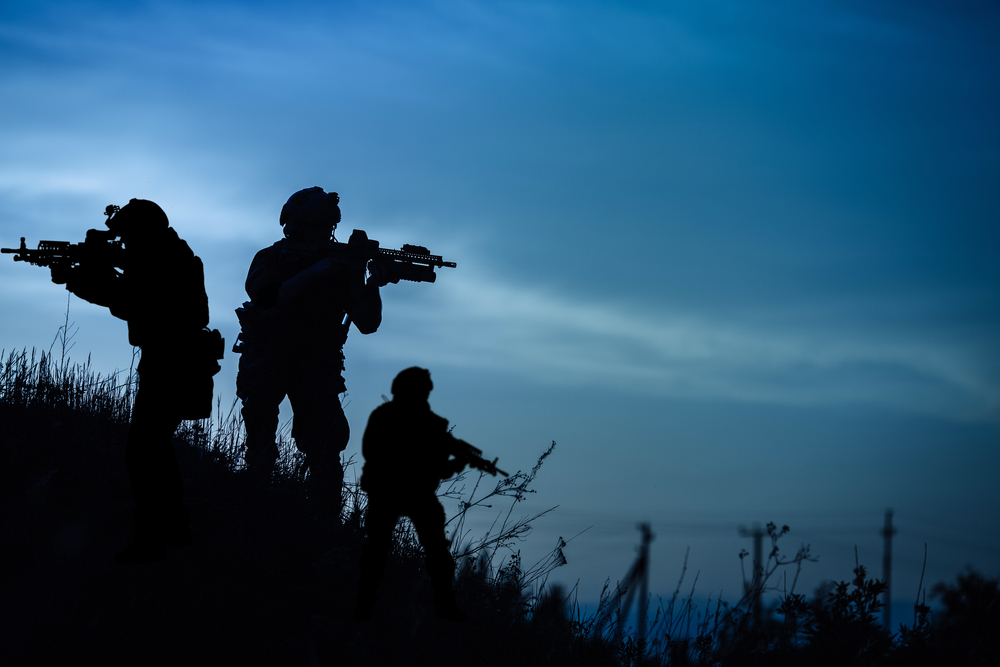
He received 4,000 replies. He hired 29 men.
On 13 May 1978, in the middle of the night, Denard and the Clandestine Liberation Force arrived in a trawler off the Comoran coast. A key figure in the coup plan was businessman Christian Olagaray who had become disenchanted with Ali Soilih. While the mercenaries were anchoring off the coast, Olagaray was getting Ali drunk in his hillside retreat.
When the president was drunk, curled up asleep on the sofa with two teenage mistresses, Olagaray radioed Denard and the coup proceeded as planned. Dressed in black, their faces darkened with charcoal, the mercenaries drifted ashore in black Zodiacs. Denard had a good understanding of prophecy and returned to the Comoros, accompanied by a German Shepherd named Rocky to fulfill the prediction of Ali Soilih’s nightmare.
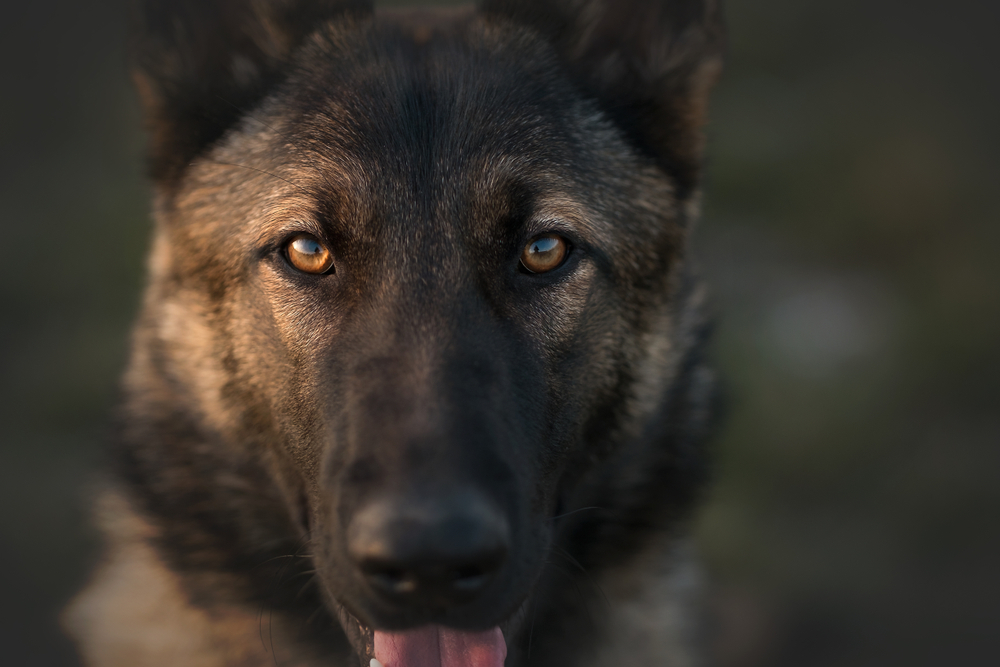
One group of mercenaries headed for the Voidjou camp and easily captured the sleeping Garde Presidentielle. Denard and his men headed for the presidential palace. There they surprised and disarmed the sentinels guarding Ali and found him sleeping naked in the grand salon with his concubines. Groggy from liquor and hashish, Ali surrendered without resistance, as if he had been expecting Denard.
Ali was told in prison that a tribunal had condemned him to death. He was given a choice. The door of his cell would be left open and if he chose to leave, he would be shot for trying to escape. If he stayed, the tribunal would dishonor him by executing him as a common criminal. Though Ali was insane, he was a proud man and wanted to die with some dignity. With his head held high, he walked into the courtyard and was cut down by a tirade of machine gun bullets.
Having liberated the island, the mercenaries were driven through the streets of Moroni in open jeeps, smiling and waving to cheering crowds, shaking hands with Comoron soldiers. Young people were singing and dancing in the streets as grateful women swarmed around the mercenaries, hanging leis of fragrant ylang ylang flowers around their necks.
